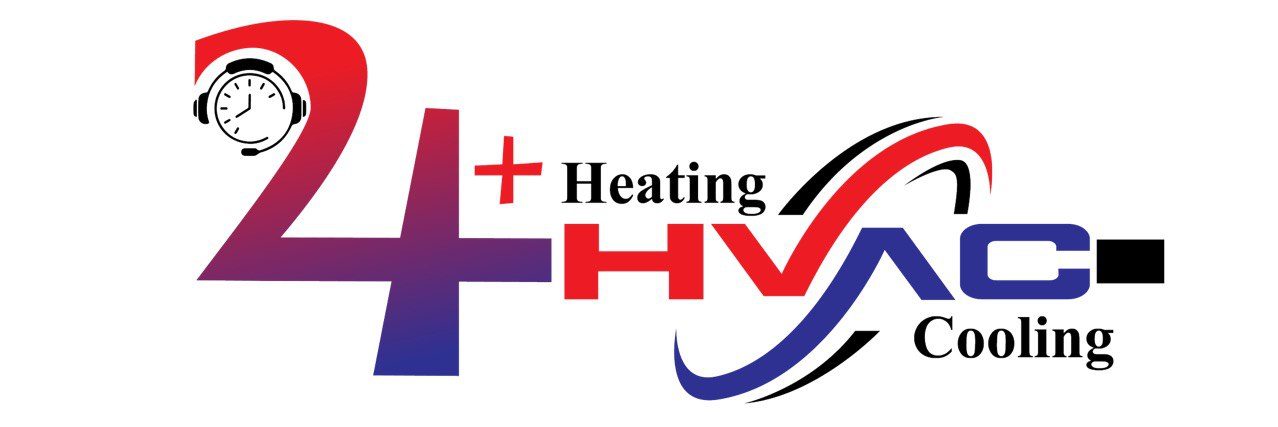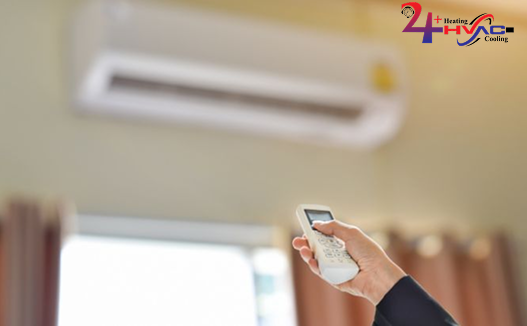Introduction
As energy costs continue to rise, homeowners seek cost-effective solutions to maintain comfort while reducing utility bills. heat pump efficiencies have made air conditioning heat pumps one of the best investments for energy-conscious households. These systems operate by transferring heat instead of generating it, making them significantly more efficient than traditional heating and cooling systems.
In this article, we will explore how heat pump efficiencies can help you save money, improve energy efficiency, and lower your environmental impact.
1. What Are Heat Pump Efficiencies?
Heat pump efficiencies refer to how effectively a heat pump converts energy into heating or cooling. Unlike traditional systems that generate heat, heat pumps transfer it, leading to impressive energy savings.
- Energy Performance Ratings:
- The Coefficient of Performance (COP) measures how much heat a pump produces per unit of electricity consumed. Higher COP values indicate better efficiency.
- The Seasonal Energy Efficiency Ratio (SEER) and Heating Seasonal Performance Factor (HSPF) evaluate performance over an entire season.
- Maximizing Heat Transfer:
- Modern air conditioning heat pumps can achieve efficiencies of up to 400%, meaning they deliver four times the energy they consume in electricity.
- Compared to conventional furnaces or electric heaters, this kinds of systems can cut energy use by 50% or more.
2. How Heat Pumps Work to Reduce Energy Bills
Understanding heat pump efficiencies requires a closer look at their operating mechanism. These systems utilize a refrigeration cycle to move heat rather than create it.
- Refrigerant Cycle & Heat Exchange:
- In cooling mode, heat pumps absorb heat from inside the house and release it outside.
- In heating mode, they extract heat from the outdoor air and transfer it indoors—even in cold weather.
- Reversing Valve & Adaptive Efficiency:
- Heat pumps switch between heating and cooling using a reversing valve.
- New models feature variable-speed compressors, enhancing heat pump efficiencies in different climates.
3. Cost Savings
Switching to a high-efficiency heat pump can significantly lower household energy costs.
- Lower Operating Costs:
- Heat pump efficiencies reduce electricity consumption by 30-50% compared to traditional heating systems.
- A high SEER-rated unit provides additional savings in summer by optimizing cooling efficiency.
- Environmental Benefits:
- Less energy consumption means a smaller carbon footprint.
- Many governments offer rebates for homeowners upgrading to energy-efficient systems.
4. Different Types of Heat Pumps and Their Efficiency Levels
Not all heat pumps offer the same level of efficiency. The type you choose affects your potential savings.
- Air-Source Heat Pumps (ASHPs):
- The most common type, effective in moderate climates.
- Heat pump efficiencies range from 250% to 400%, significantly reducing energy costs.
- Ground-Source (Geothermal) :
- These extract heat from underground, where temperatures remain stable year-round.
- They offer 500% efficiency in optimal conditions but have higher upfront costs.
- Water-Source :
- Use nearby bodies of water for heat exchange.
- High efficiency but require a suitable water source.
5. Factors That Affect Heat Pump Efficiencies
Several factors influence your system.
- Climate Conditions:
- Air-source heat pumps work best in regions with mild winters.
- In extreme cold, cold-climate heat pumps maintain high efficiency.
- Home Insulation:
- Proper insulation enhances heat pump efficiencies by reducing heat loss.
- Sealing air leaks improves performance and reduces workload.
6. Heat Pump Efficiencies vs. Traditional HVAC Systems
How do heat pump efficiencies compare to conventional heating and cooling?
- Furnaces vs. Heat Pumps:
- Gas furnaces operate at 90-98% efficiency, while heat pumps can exceed 400% efficiency in optimal conditions.
- A heat pump eliminates the need for separate heating and cooling systems.
- Electric Resistance Heating vs. Heat Pumps:
- Electric baseboard heaters use 1 kWh of energy to produce 1 kWh of heat.
- A heat pump delivers 3-5 kWh of heat per kWh of electricity, drastically improving efficiency.
7. Financial Incentives & Rebates
Governments and utility companies offer financial incentives to promote heat pump efficiencies.
- Federal & Local Rebates:
- Homeowners can receive tax credits for installing high-efficiency heat pumps.
- Many states provide rebates for upgrading outdated HVAC systems.
- Utility Discounts:
- Some electricity providers offer lower rates for homes using heat pumps.
8. The Importance of Professional Installation
Proper installation is crucial for maintaining heat pump efficiencies.
- Sizing Matters:
- A system too small won’t heat or cool effectively.
- Oversized units waste energy and lead to short cycling.
- Ductwork Considerations:
- Leaky ducts can reduce efficiency by 20% or more.
- Sealing and insulating ductwork enhances performance.
9. Heat Pump Maintenance for Long-Term Efficiency
Regular maintenance is essential for preserving heat pump efficiencies.
- Change Air Filters: Replace filters every 1-3 months to prevent airflow restrictions.
- Keep Outdoor Units Clean: Remove debris from around the outdoor unit for unobstructed airflow.
- Annual Servicing: A professional should inspect refrigerant levels, coils, and electrical components.
10. Enhancing Savings with Smart Thermostats
Pairing a heat pump with a smart thermostat can further improve efficiency.
- Programmable Settings: Set temperature schedules to minimize energy waste.
- Remote Access: Control heating and cooling from your smartphone.
Conclusion
Investing in a high-efficiency heat pump can significantly cut your energy bills while providing year-round comfort. By understanding this system, choosing the right model, and ensuring proper installation and maintenance, you can maximize savings and minimize environmental impact.
Ready to upgrade your home’s efficiency? Contact 24 Plus HVAC today for professional heat pump installation and maintenance services in Vancouver.
- Learn more about our Air Conditioning Services.
- Explore our specialized Heat Pump Services.

